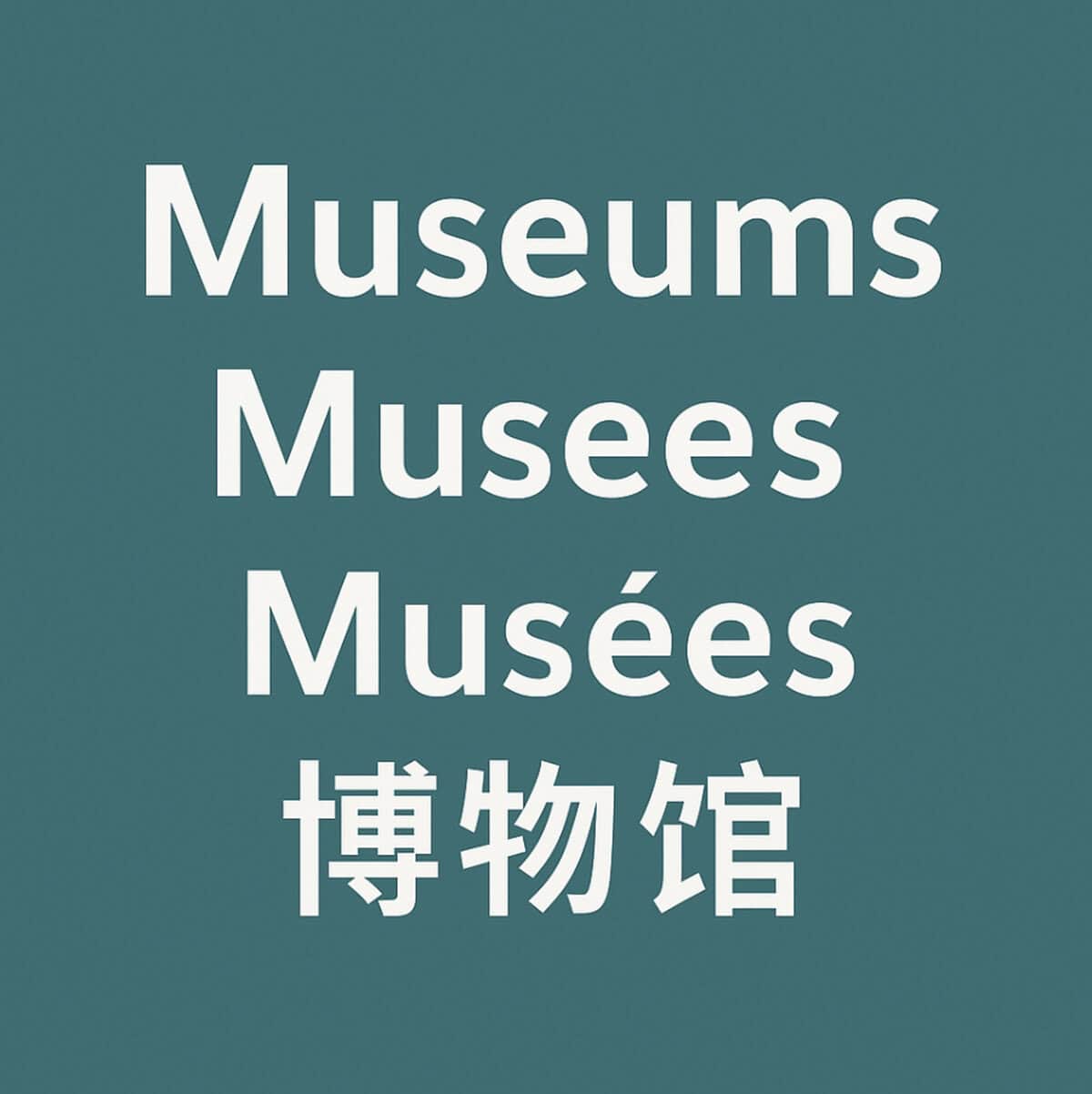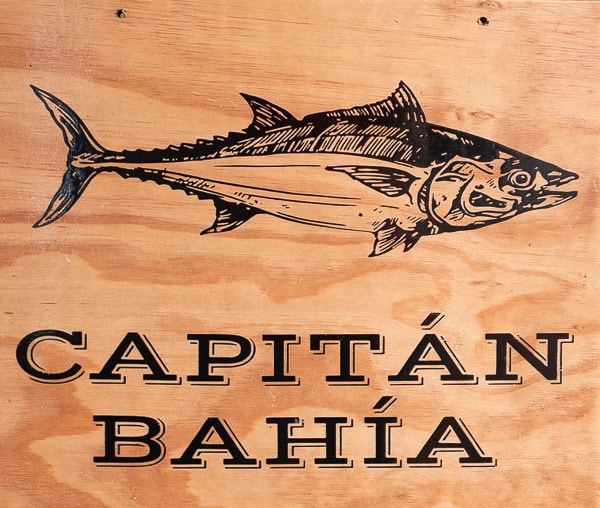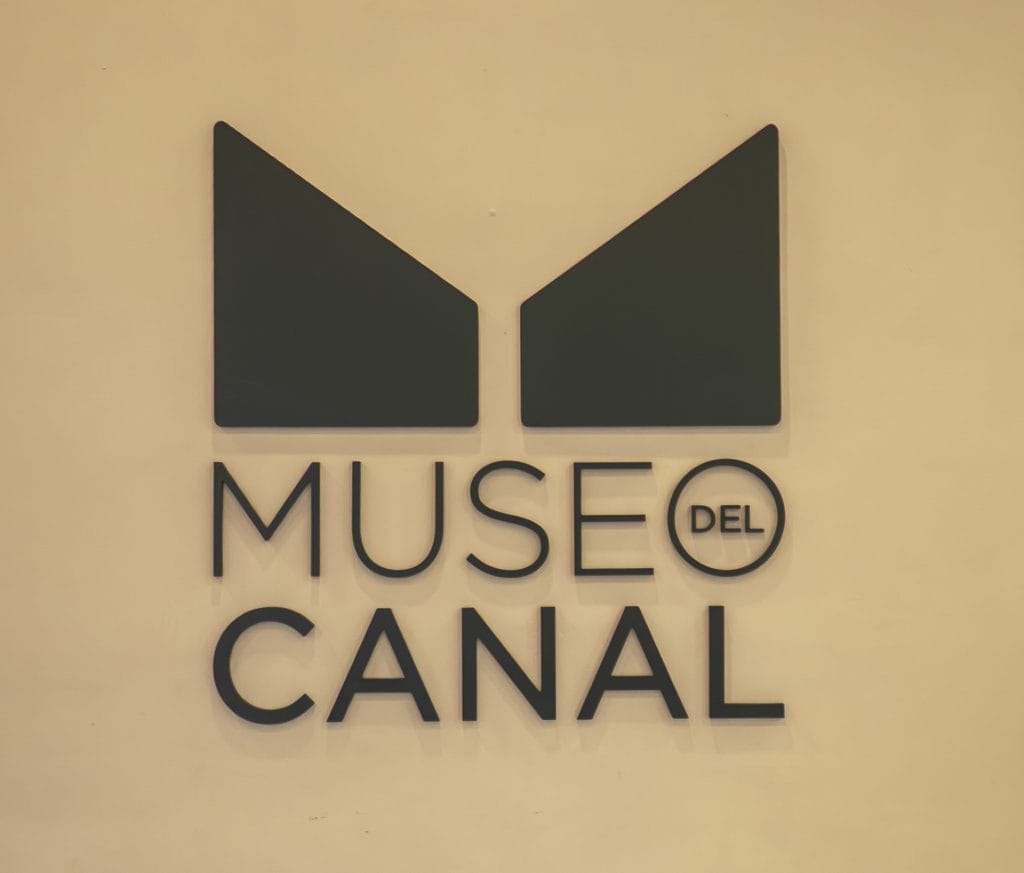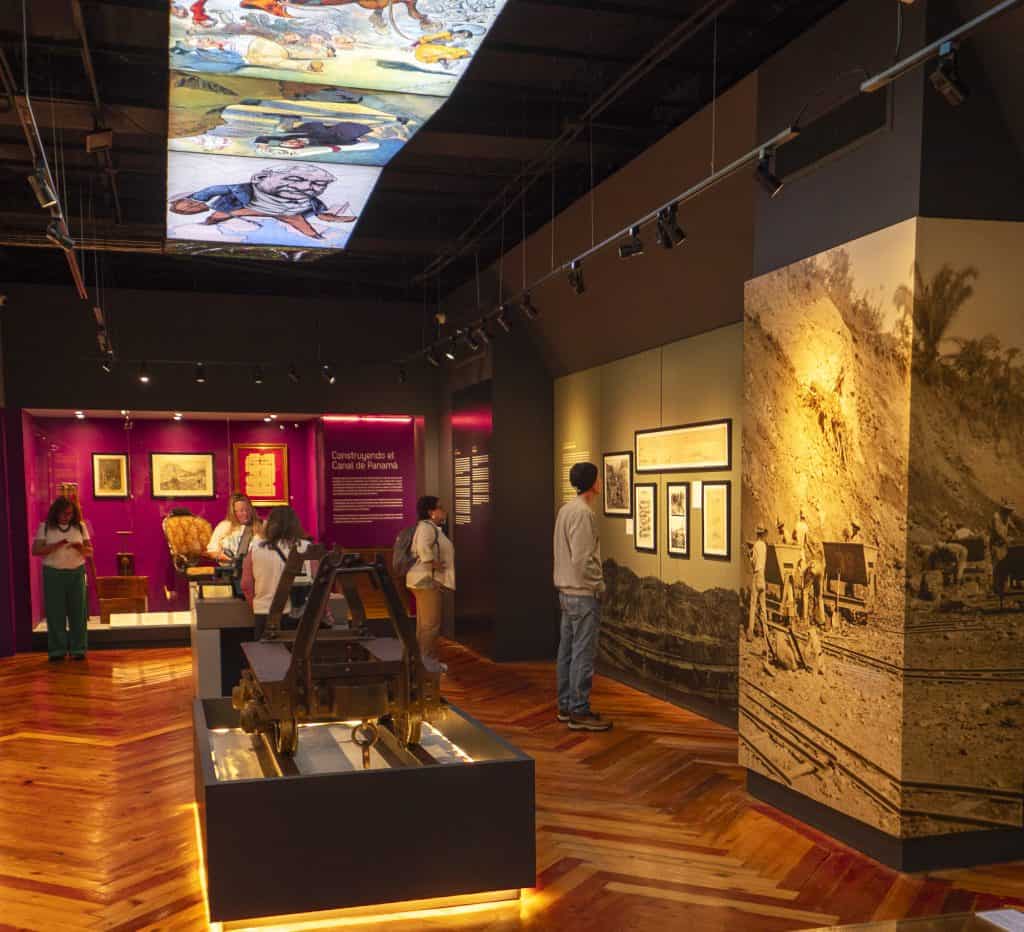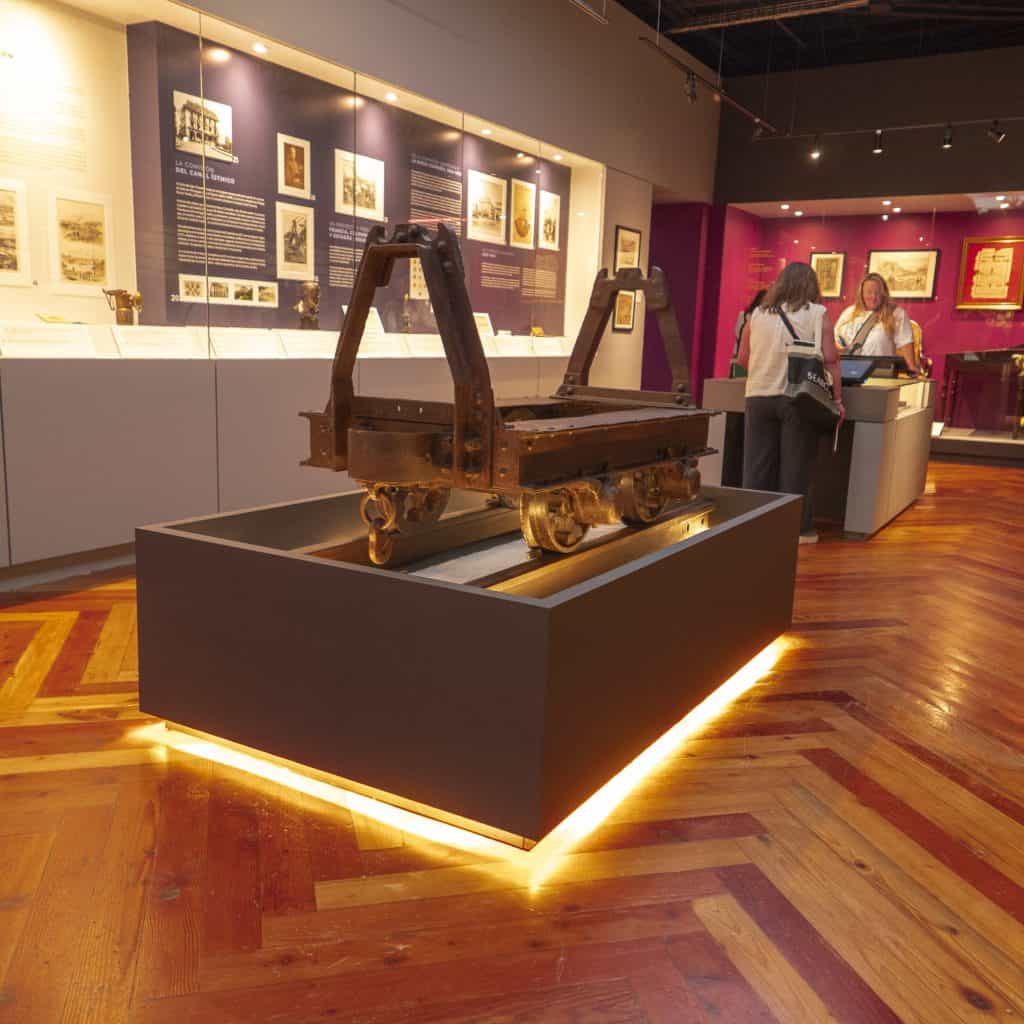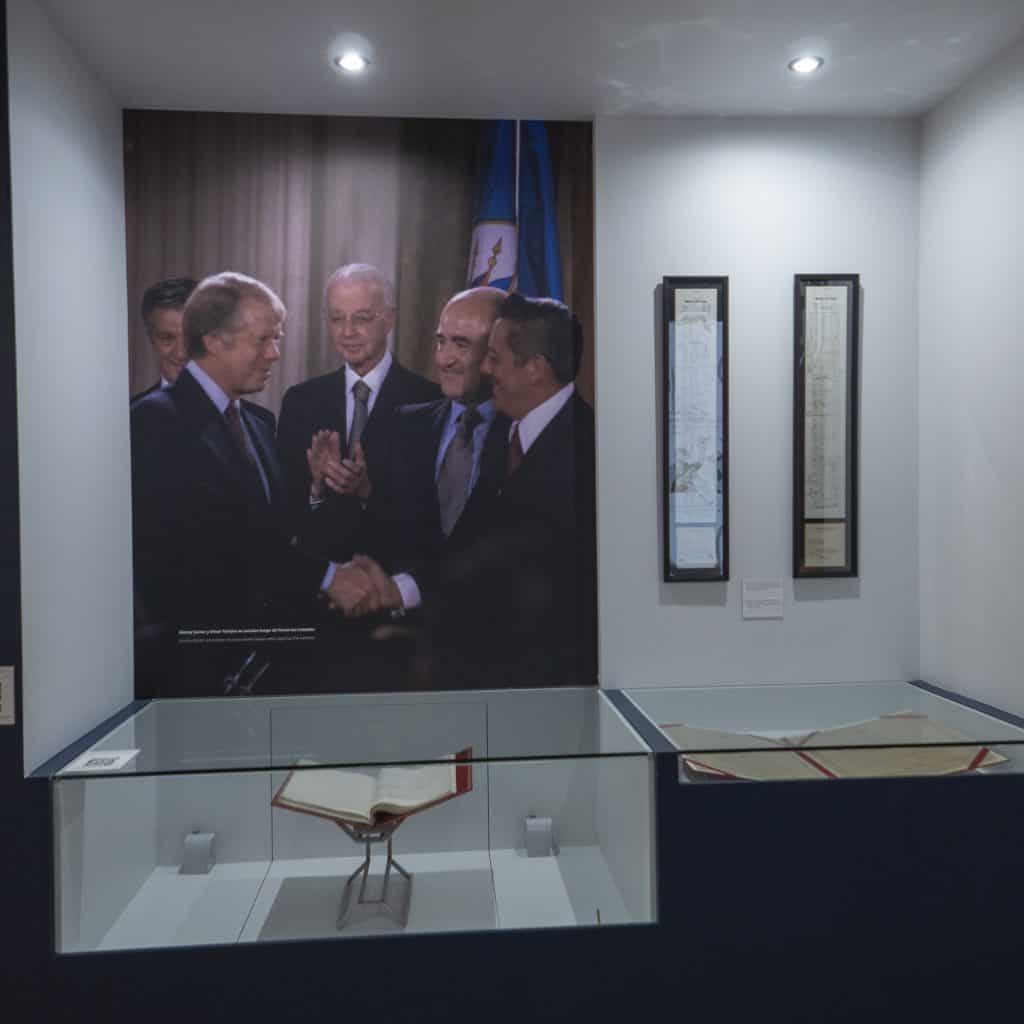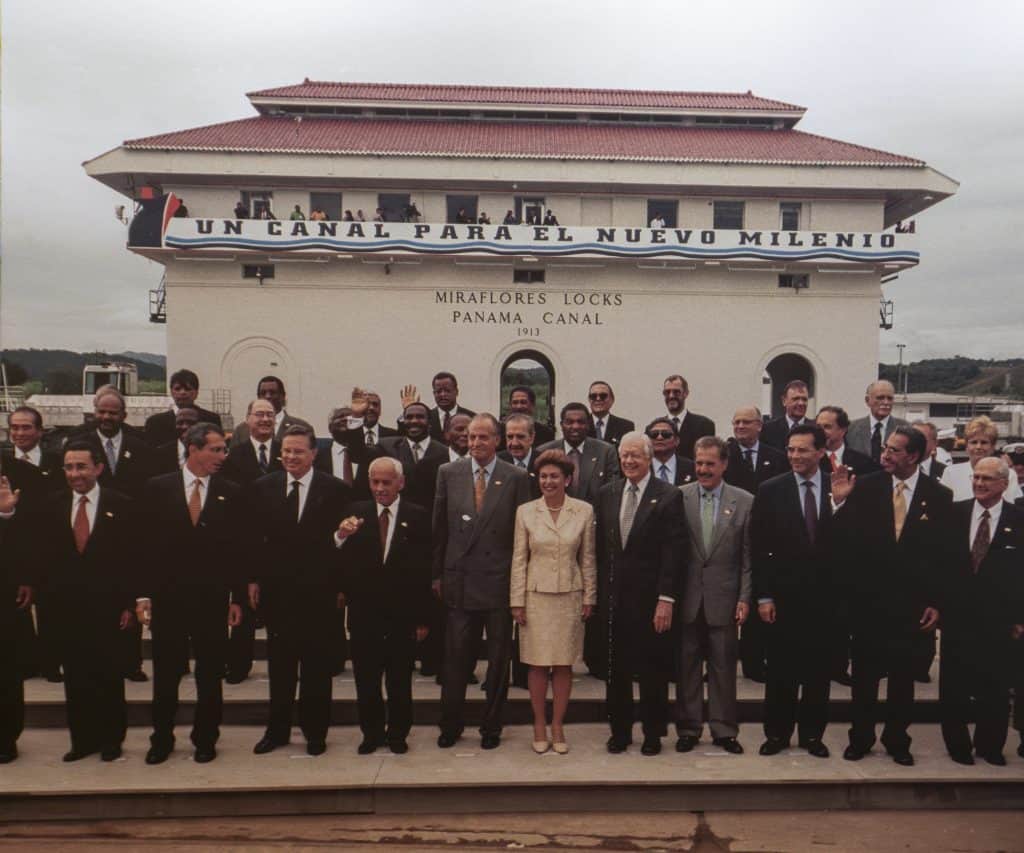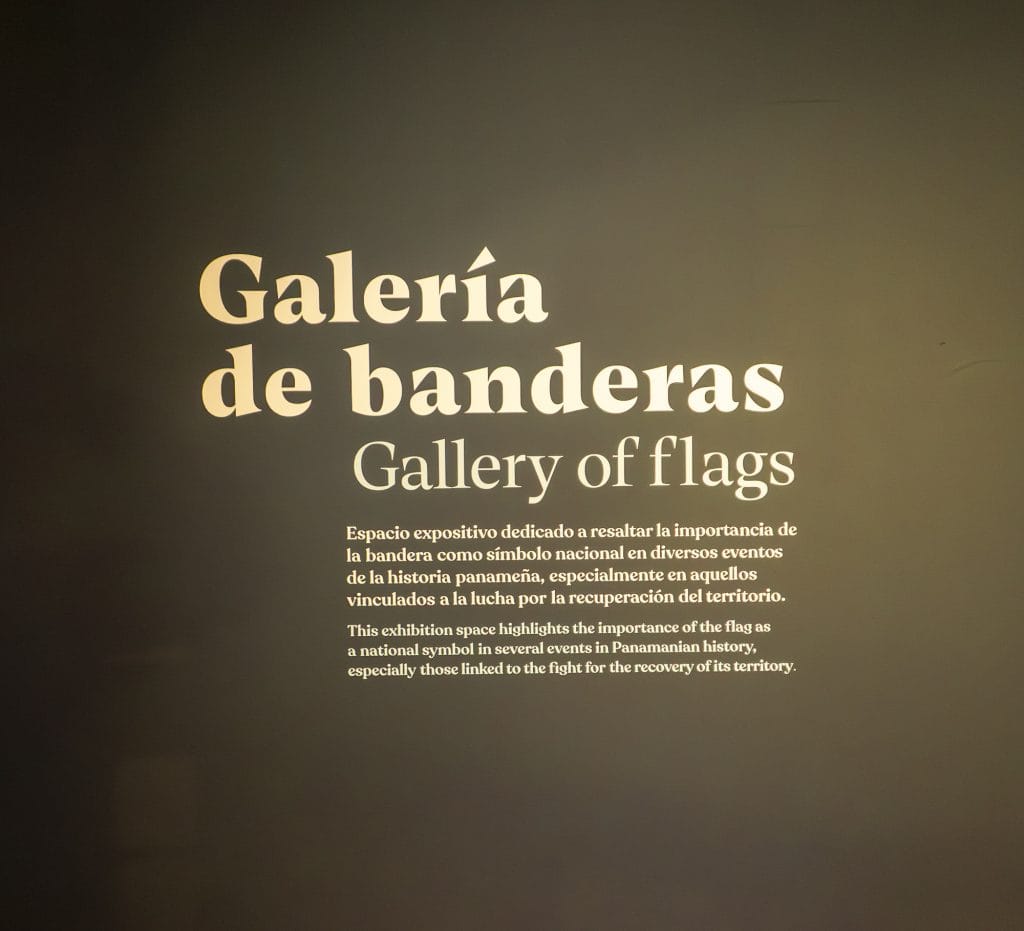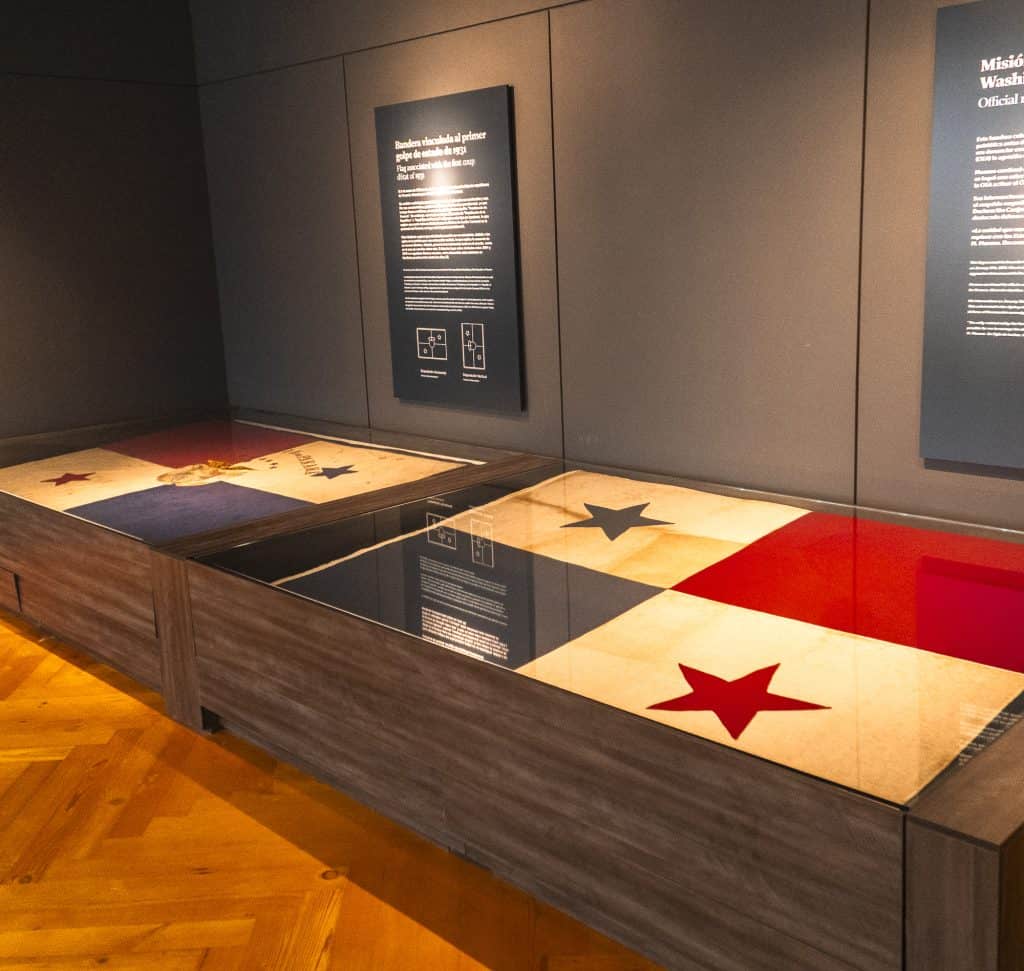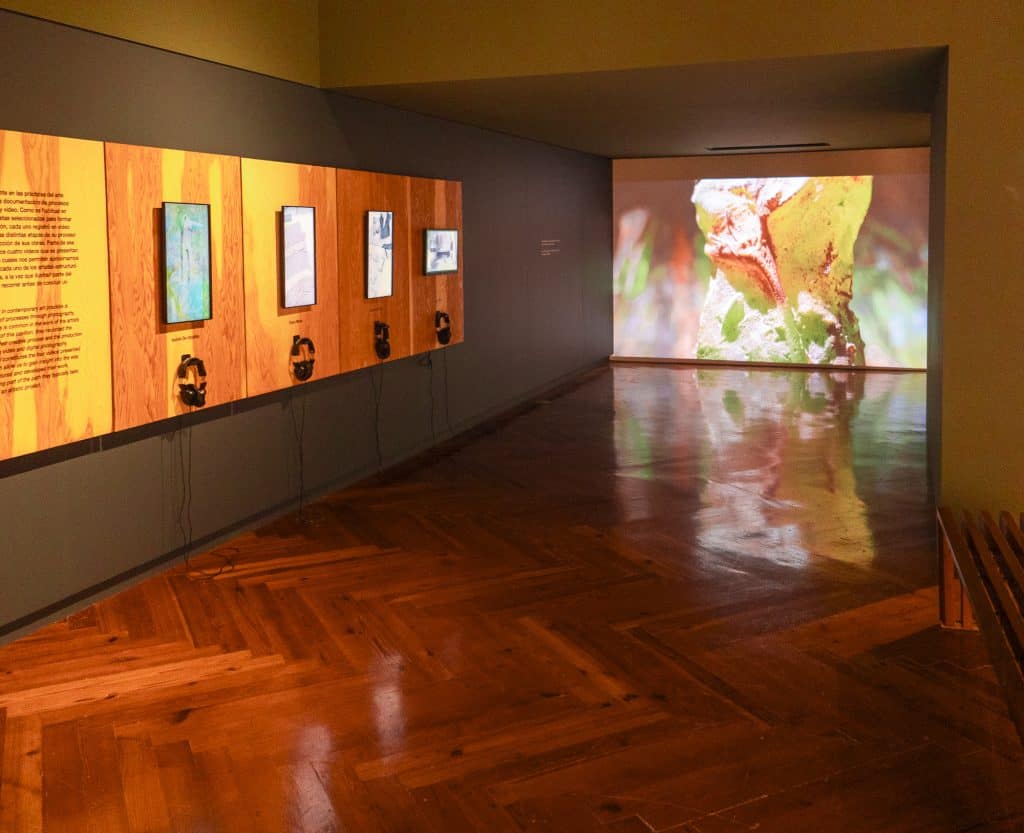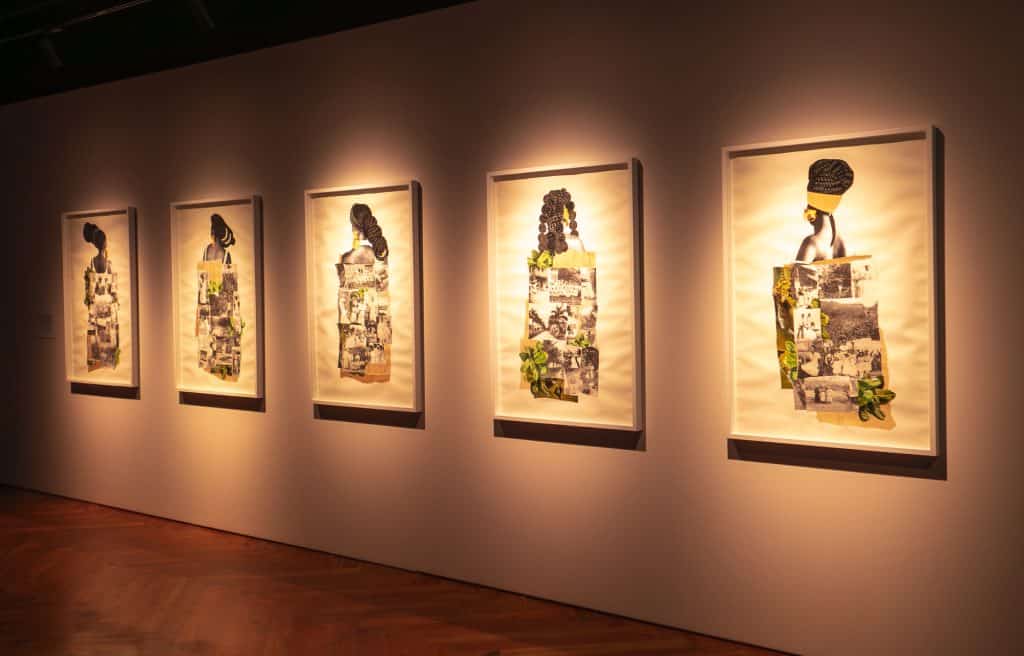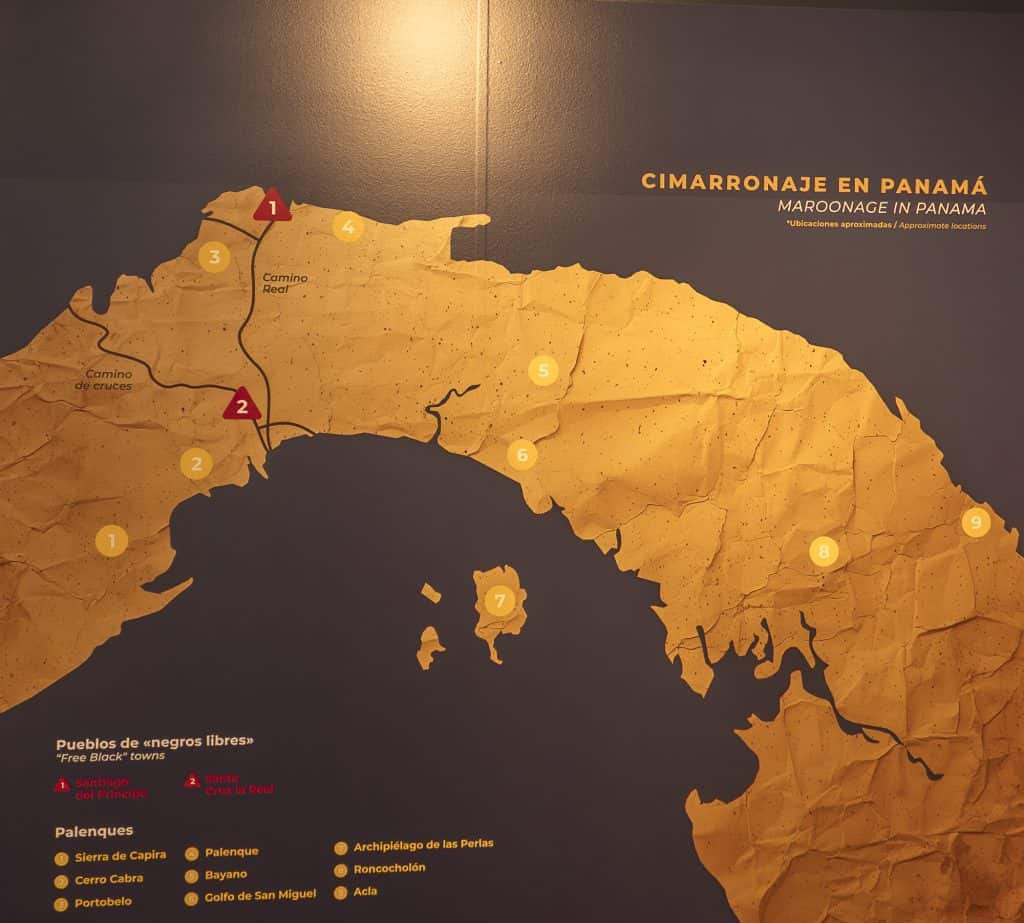Inside the Reimagined Panama Canal Museum — Casco Viejo’s Window Into History
A Modern Museum in the Heart of Casco Viejo The Panama Canal Museum Renovation Story
The first time I stepped through the Panama Canal Museum’s doors was back in 2010. It felt like walking into someone’s story — close, almost hushed, the way a well-loved house feels when its walls have heard everything. Now, with the Panama Canal Museum renovation underway, that same spirit of craftsmanship and history is being reimagined for a new generation of visitors.
Fourteen years later, I walked through those same doors again, and it couldn’t have been more different. The building, still magnificent on Plaza de la Independencia in Casco Viejo (also known as San Felipe), has entered the modern era. Every wall gleams, every display glows with light. Screens, projections, and QR codes invite you in. The story is still there, but it speaks in a new language — one of touchscreens and polished glass.
It’s the final step in a five-year transformation. In October 2025, the Museo del Canal Interoceánico de Panamáunveiled its newly rebuilt gallery, “Construyendo el Canal de Panamá” — “Building the Panama Canal.” This reopening marks the completion of the museum’s full modernization, bringing it in line with the world’s leading institutions. Think Smithsonian presentation, but with Panamanian warmth.
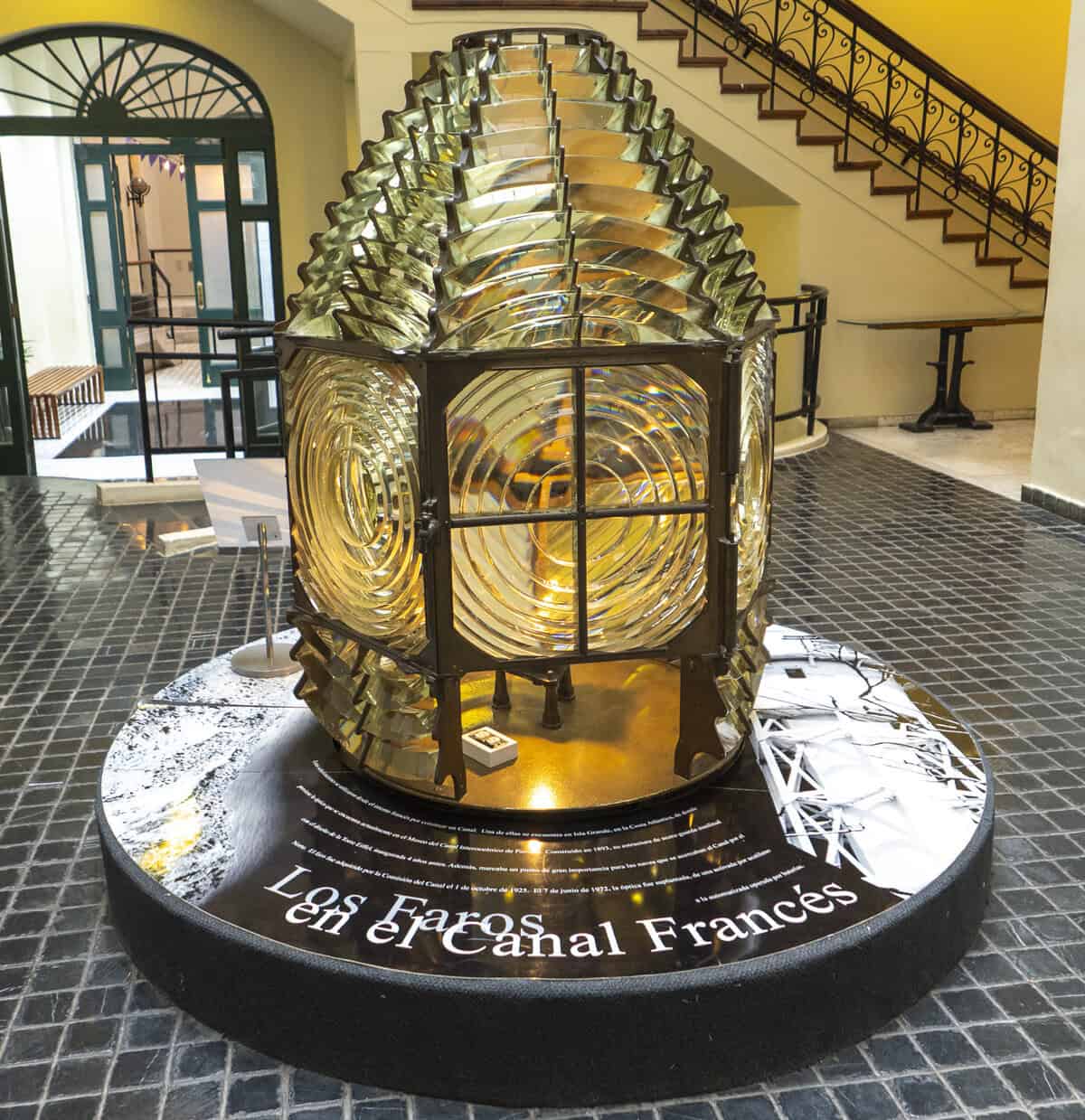

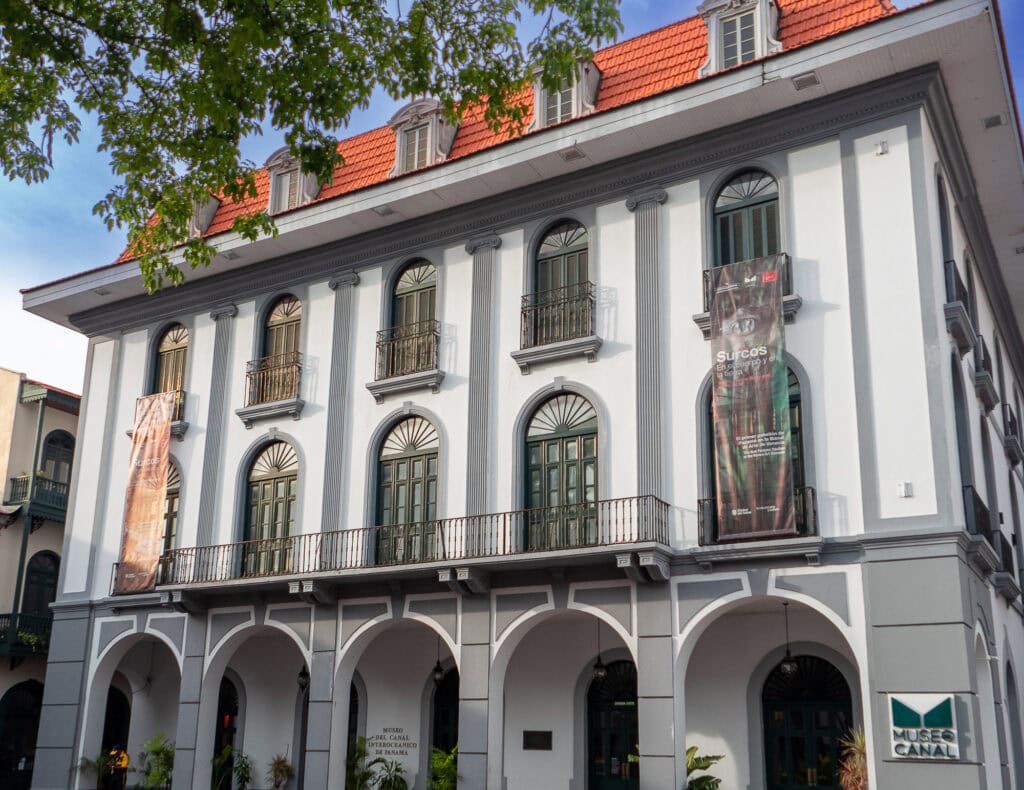

History in the Heart of the Old Quarter, A Legacy Renewed by the Panama Canal Museum Renovation
The museum sits inside a graceful neoclassical building that once housed the French Canal Company’s headquarters. From these very offices, engineers once drafted dreams that nearly bankrupted an empire. The building itself — completed in 1910 — witnessed the shift from French failure to American determination, and finally to Panamanian pride.
When the museum opened in 1997, it became one of the first cultural institutions to re-anchor Casco Viejo’s identity. Long before cafés and rooftops arrived, the museum held the memory of Panama’s role as the world’s crossroads. Its mission has always been to explain not only the construction of the Canal but the human story — the workers, doctors, financiers, and ordinary families who made this impossible project real.
Today, that mission hasn’t changed — it’s simply been reframed for a new generation.
A Reimagined “Building the Panama Canal” Exhibit — The Crown of the Panama Canal Museum Renovation
The newly opened “Building the Panama Canal” gallery is the crown jewel of this renovation. It brings together maps, photographs, scale models, and first-hand accounts to tell one of history’s most ambitious engineering stories.
What’s new — and part of the Panama Canal Museum Renovation — is the delivery. The curators have created an immersive experience that moves beyond static text. Touchscreens translate key moments into visuals and sound. Archival footage rolls seamlessly beside interactive diagrams of the locks and machinery. You can scan QR codes for bilingual explanations — Spanish and English side by side — and even view high-resolution images of original documents once too fragile to display.
The gallery tells the story chronologically — from the failed French attempt in the 1880s, to the American effort that finally conquered Culebra Cut, to the Canal’s 1914 opening. But the design makes space for reflection. It shows the danger, disease, and determination that shaped Panama’s destiny.
Standing there, I was struck by how the tone has shifted. The old museum whispered; this one speaks clearly. It’s confident. It’s global. Yet somehow, amid all the light and glass, you can still hear the heartbeat of Panama — the pride of achievement that never fades.
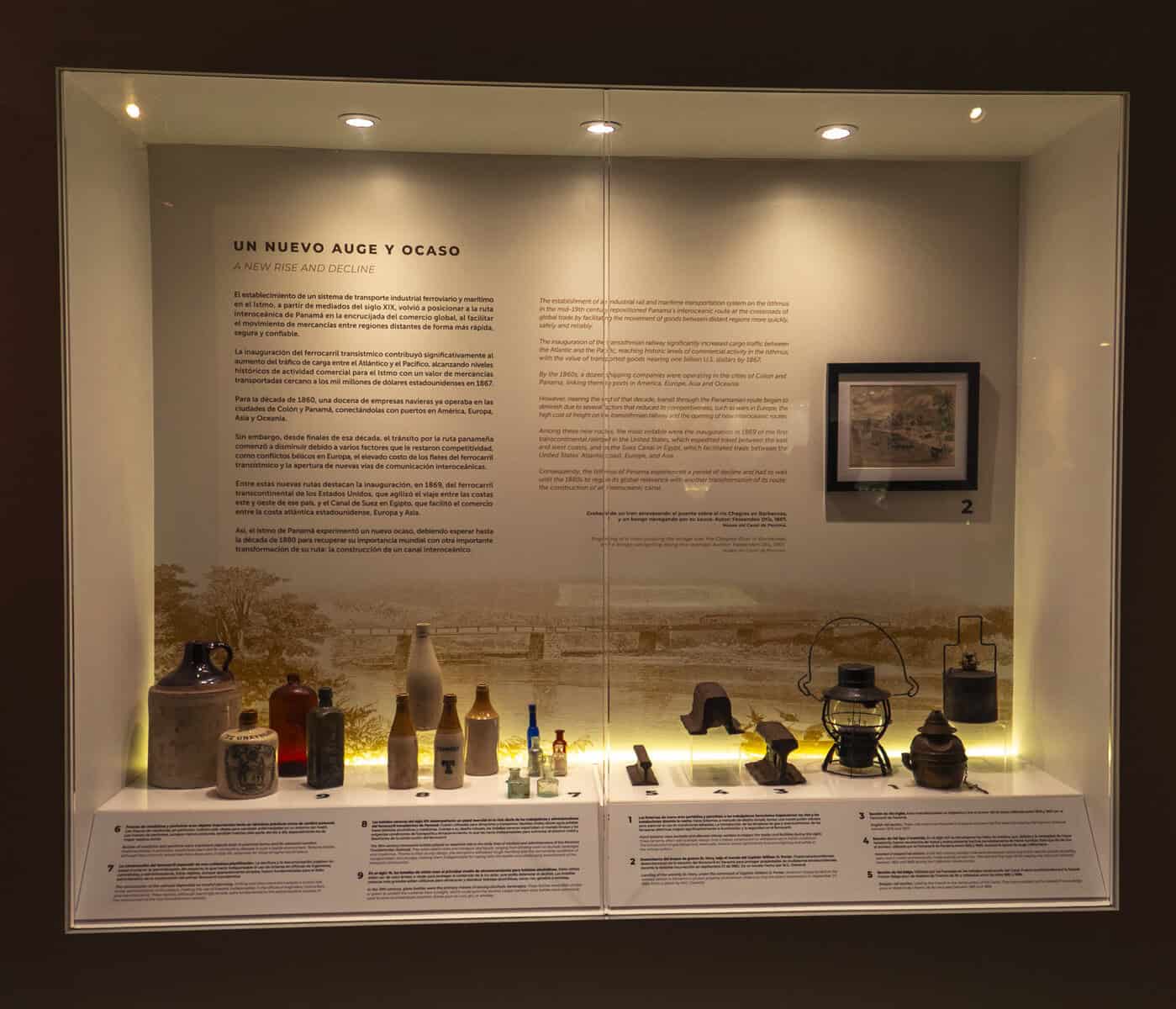

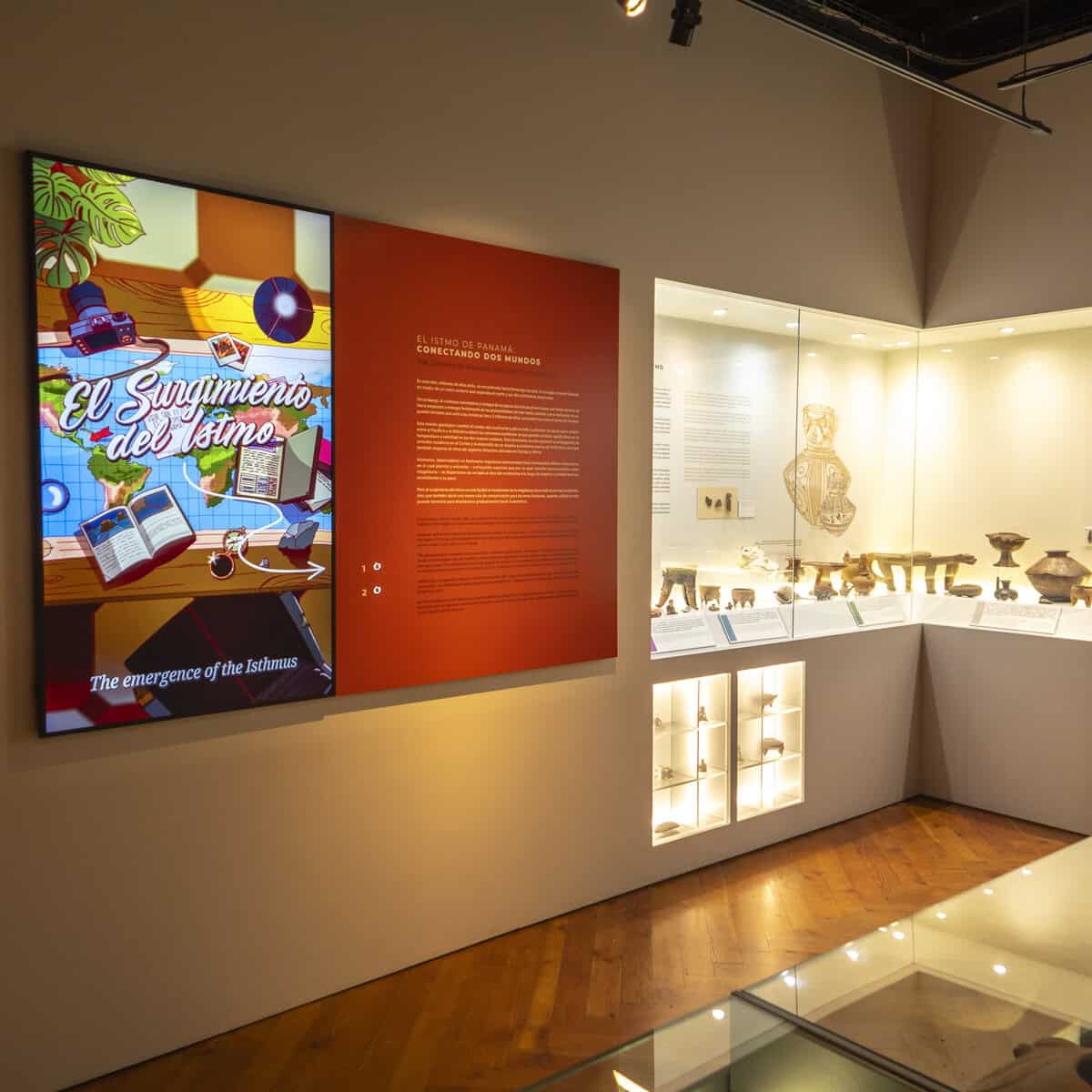

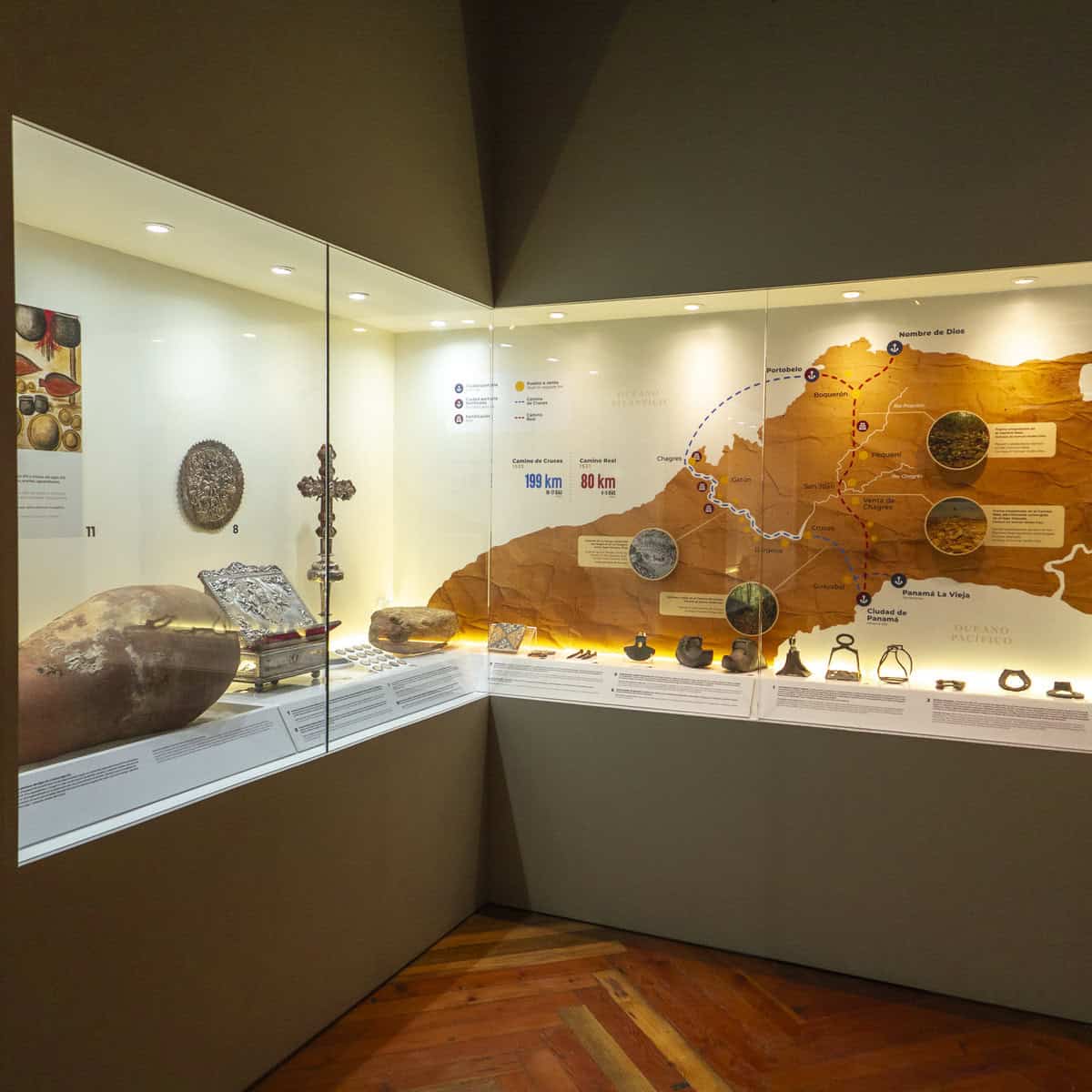

Echoes of the Past — and the Present
Echoes of the Past — and the Present
The moment that stayed with me most wasn’t on a screen. It was the sound of the docents — those dedicated guides whose voices drifted softly through the hallways. I could hear them explaining the locks to a group of schoolchildren, their words bouncing gently off the marble.
That sound reminded me that this place isn’t just for tourists. It’s a living classroom. Every day, students from across Panama come here to learn how their country reshaped global trade. For them, the Canal isn’t distant history — it’s heritage, identity, and proof that Panamanians can master the impossible.
For the rest of us, the Panama Canal Museum Renovation offers perspective — a refreshed way to connect with the Canal’s story through artifacts that feel almost intimate. The uniforms, the tools, the letters home — each piece draws you closer to the people behind the progress.
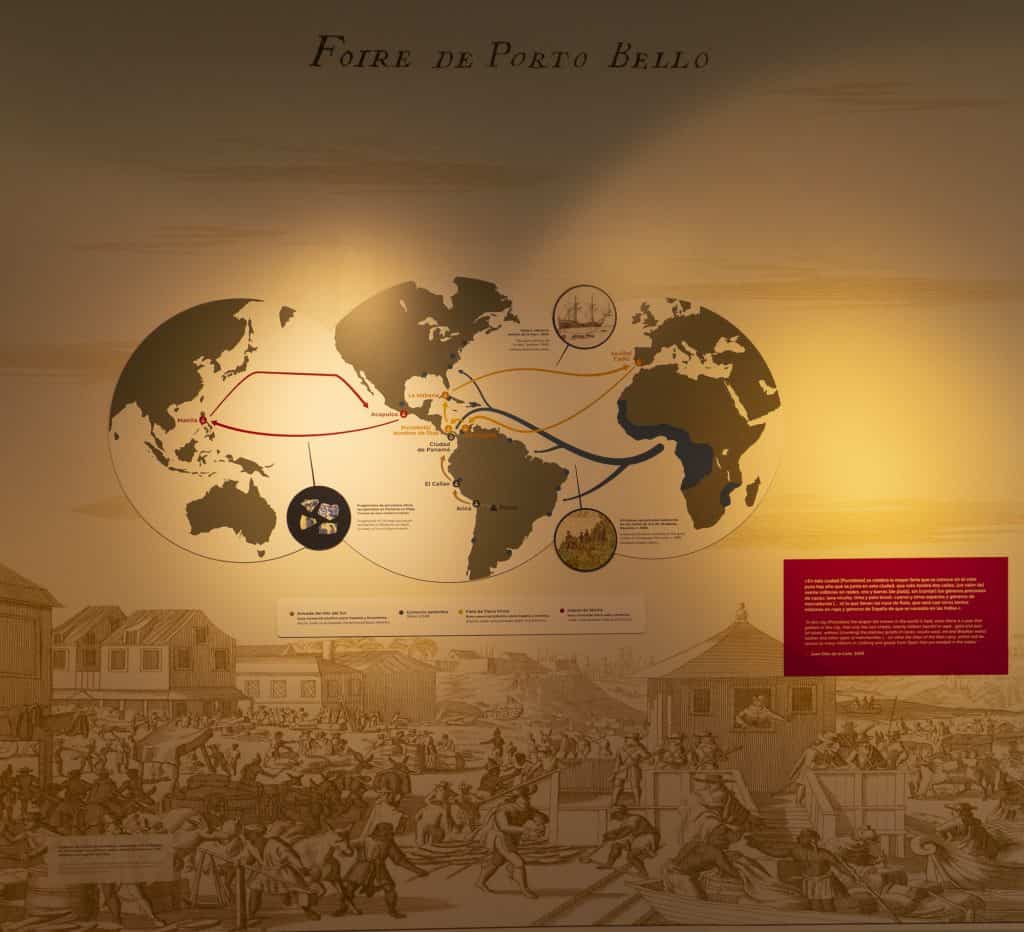



Six Highlights from the Panama Canal Museum Renovation. Moments Worth Stopping For
- The French Maps and Dreams
The opening section displays stunning 19th-century French maps — wildly ambitious sketches that reveal both vision and naiveté. They remind you how daring it was to imagine cutting a continent in half. - The Culebra Cut Model
A large-scale model of the Culebra Cut dominates one room. The lighting shifts through day and night cycles, simulating how thousands of workers dug through mountains of clay and rock under the tropical sun. - Dr. Gorgas and the War on Mosquitoes
A brilliant new digital exhibit honors Dr. William Gorgas, whose sanitation program eradicated yellow fever and malaria. It pairs period photos with animated overlays showing how cleanliness saved construction. - The Voices of Labor
In a darkened alcove, recordings and written testimonies highlight the thousands of West Indian laborers whose effort built the Canal but whose names often went unrecorded. It’s a moving, necessary inclusion. - The Lock Mechanisms in Motion
Interactive panels allow visitors to operate simulated lock gates. It’s simple, fascinating, and humbling — proof that engineering is as much art as science. - The Canal and the World
The final gallery connects past to present. It shows how the Canal shaped global commerce and how Panama continues to expand its capacity through the modern “Third Set of Locks” completed in 2016.
Each of these exhibits has its own rhythm — a mix of history and humanity. Together they build a complete, modern narrative of Panama’s greatest accomplishment.
An Educational Experience — Not a Replacement
It’s important to see the Panama Canal Museum Renovation for what it is: an educational experience, not a substitute for standing at the Canal itself.
Think of it as a prologue — the context before the spectacle. The Panama Canal Museum in Casco Viejo helps you understand the vision and human cost; the Miraflores Locks show you the scale and power in motion.
At Miraflores, you’ll see ships glide through chambers, watch the lock gates close, and hear the machinery hum. You can also visit the IMAX Theatre, where the Canal’s story unfolds on a massive screen — an experience that every visitor to Panama should have.
But here in Casco, just steps from the city’s hotels and cafés, the museum offers accessibility and atmosphere. It’s perfect for a rainy day, a layover, or an afternoon when you want substance without travel time.
Both belong on your itinerary — one tells you why the Canal matters; the other shows you how it works.
“Read my full post on visiting the Miraflores Locks and IMAX Theatre.”
Fast Facts
Name: Museo del Canal Interoceánico de Panamá
Location: Plaza de la Independencia, Casco Viejo, Panama City
Hours: Tuesday–Sunday, 9:00 a.m.–6:00 p.m. (Closed Mondays)
Admission: Adults $10; students and seniors $5
Exhibit Highlight: “Construyendo el Canal de Panamá” (Building the Panama Canal)
Accessibility: Wheelchair accessible; bilingual exhibits; QR code translations
Photography: Allowed without flash
Best Time to Visit: Morning or early afternoon — before the day’s heat or evening crowds1
Q&A
A: No. The Casco Viejo museum focuses on history and interpretation, while Miraflores Locks sits on the Canal itself and shows live operations.
A: Allow 60–90 minutes to see all the galleries without rushing. Ideal for visitors short on time or on a layover
A: Absolutely. The interactive exhibits and docents make it engaging for school groups and families alike.
A: Yes. The museum provides context, background, and cultural understanding you won’t get from the operational site alone.
A: Yes. The small gift shop sells well-curated books, prints, and Canal-themed gifts.
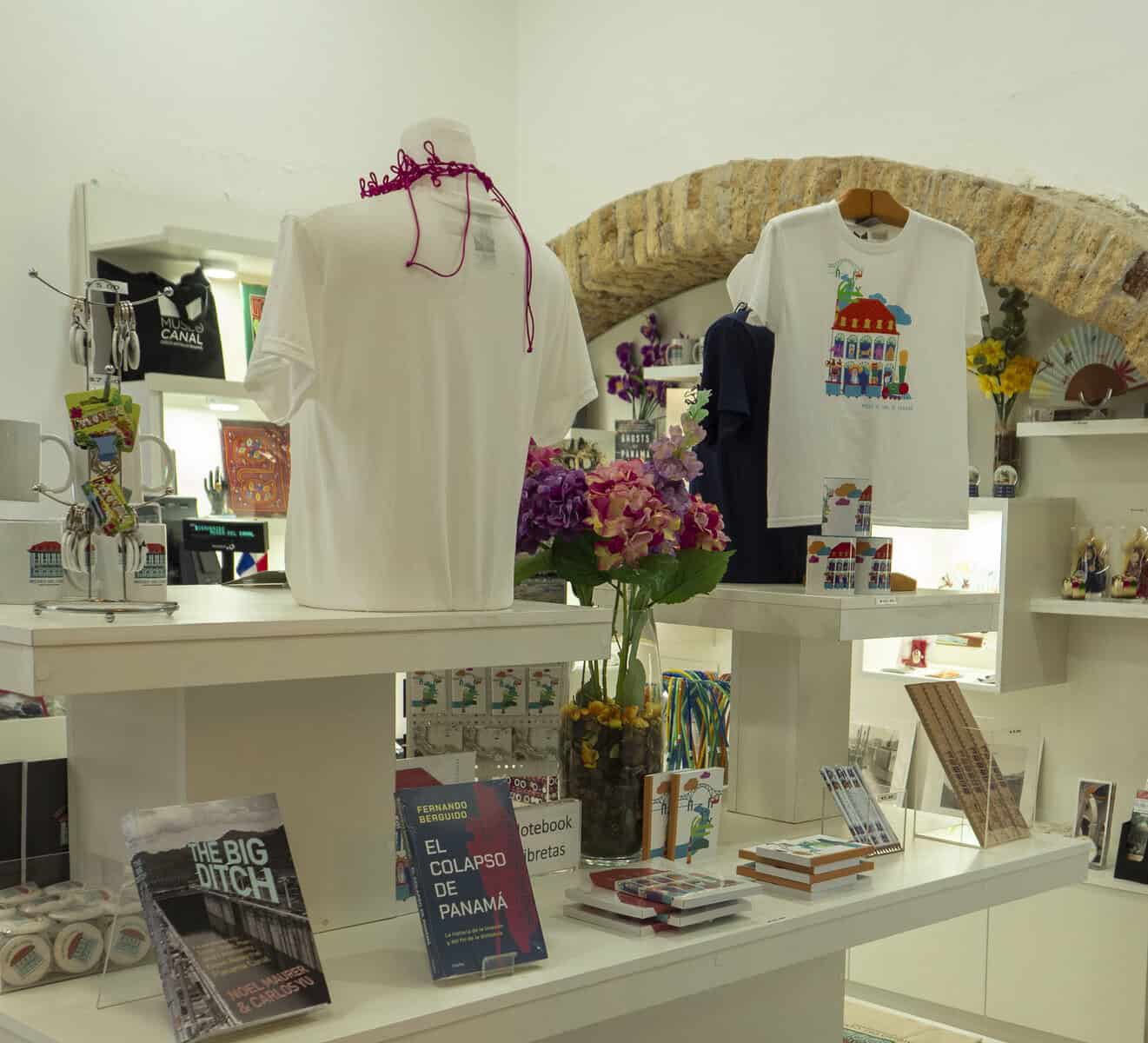

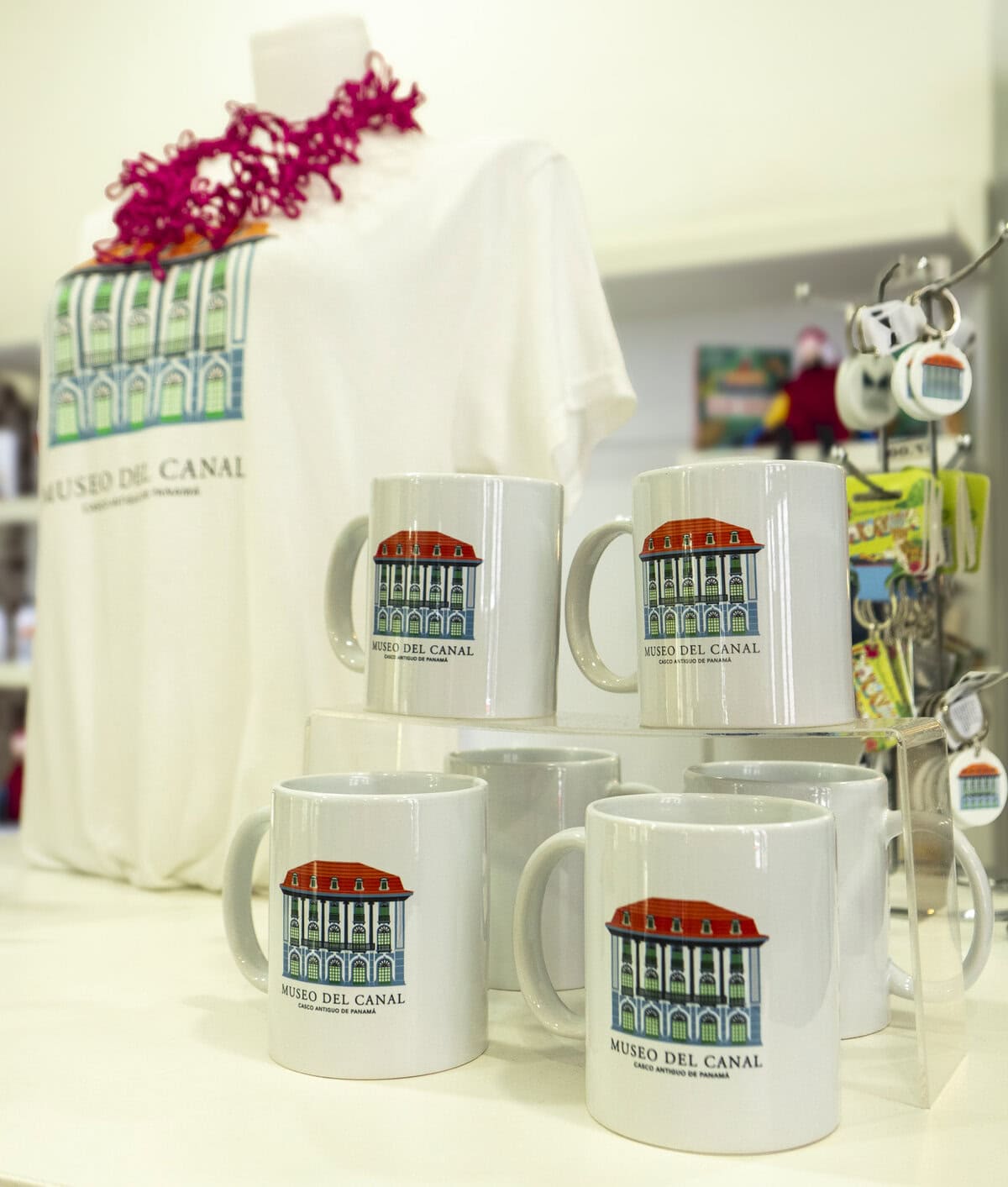

Why It Matters — Beyond the Displays
This museum tells a story that belongs to everyone. It bridges Panama’s colonial past, its American century, and its national independence. Walking through it, you realize how the Canal isn’t just a feat of engineering; it’s a mirror of Panama’s spirit — ambitious, resilient, and always forward-looking.
In Casco Viejo, the museum sits exactly where history meets renewal. Around it, cafés buzz, rooftops glow, and boutique hotels host travelers from across the world. Yet inside these walls, time slows. The voices of the past and the curiosity of the present coexist.
The new design may be sleek, but the emotion remains unchanged. You still feel the weight of what was achieved here — and what it continues to mean for the world.
If You Go
Pair your visit with a walk through Plaza de la Independencia. Stop at the Metropolitan Cathedral, then enjoy a coffee at one of the nearby cafés before or after your tour. For those staying in the city’s major hotels the museum is only a 10 minutes away.
If you have longer, follow your visit with a drive out to Miraflores or Agua Clara Locks. That way, you’ll experience both the story and the spectacle — the museum gives you the context; the Canal gives you the wonder.
Final Thoughts
The Panama Canal Museum’s rebirth is more than a renovation. It’s a declaration — that history still matters, and that Panama continues to take pride in telling its story well.
From my first visit in 2010 to today, I’ve watched this building evolve along with the neighborhood around it. The technology has changed, the displays have sharpened, but the heart remains the same.
When you hear the echo of those docents guiding schoolchildren, you realize this place isn’t just preserving history — it’s shaping the next generation’s connection to it.
That’s the beauty of Casco Viejo. It keeps finding ways to make the past feel alive. Maybe wake up early and take a walk through Casco’s early morning calm
Out and about with James.
- Return to the homepage for more moments and insider picks
- Keep exploring with Sightseeing in Casco Viejo
- Need a place to stay while you wander? See our Hotel Recommendations
🧭 Out and about with James.
Explore Casco Viejo
On Your Own Time
This self guided walking tour is designed to last up to four hours, but you set the pace. Do it in one relaxed half day, or break it into a few stops between coffee, meals, and photos.
- No groups, no schedules
- Start anywhere, stop anywhere
- Works on phone or desktop
